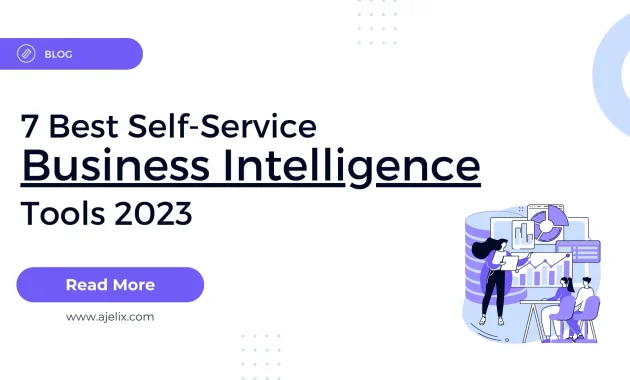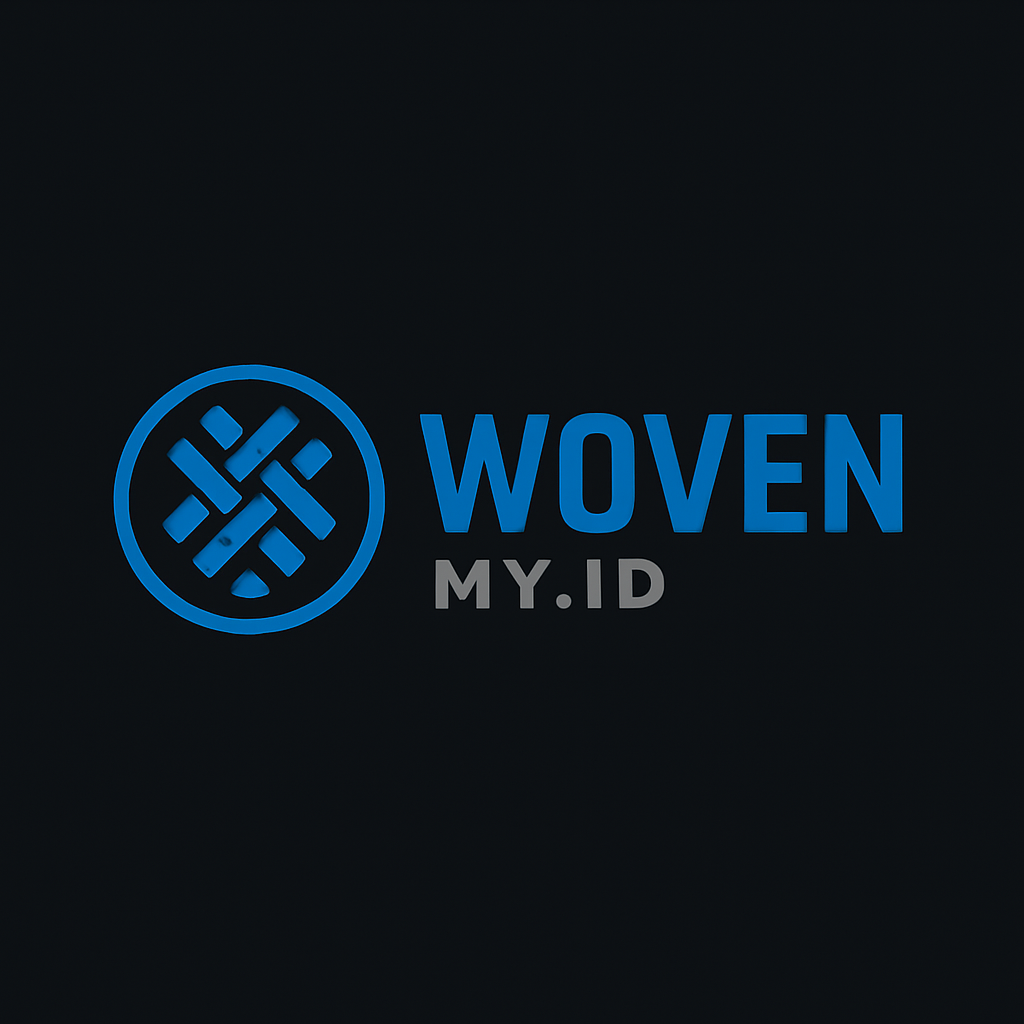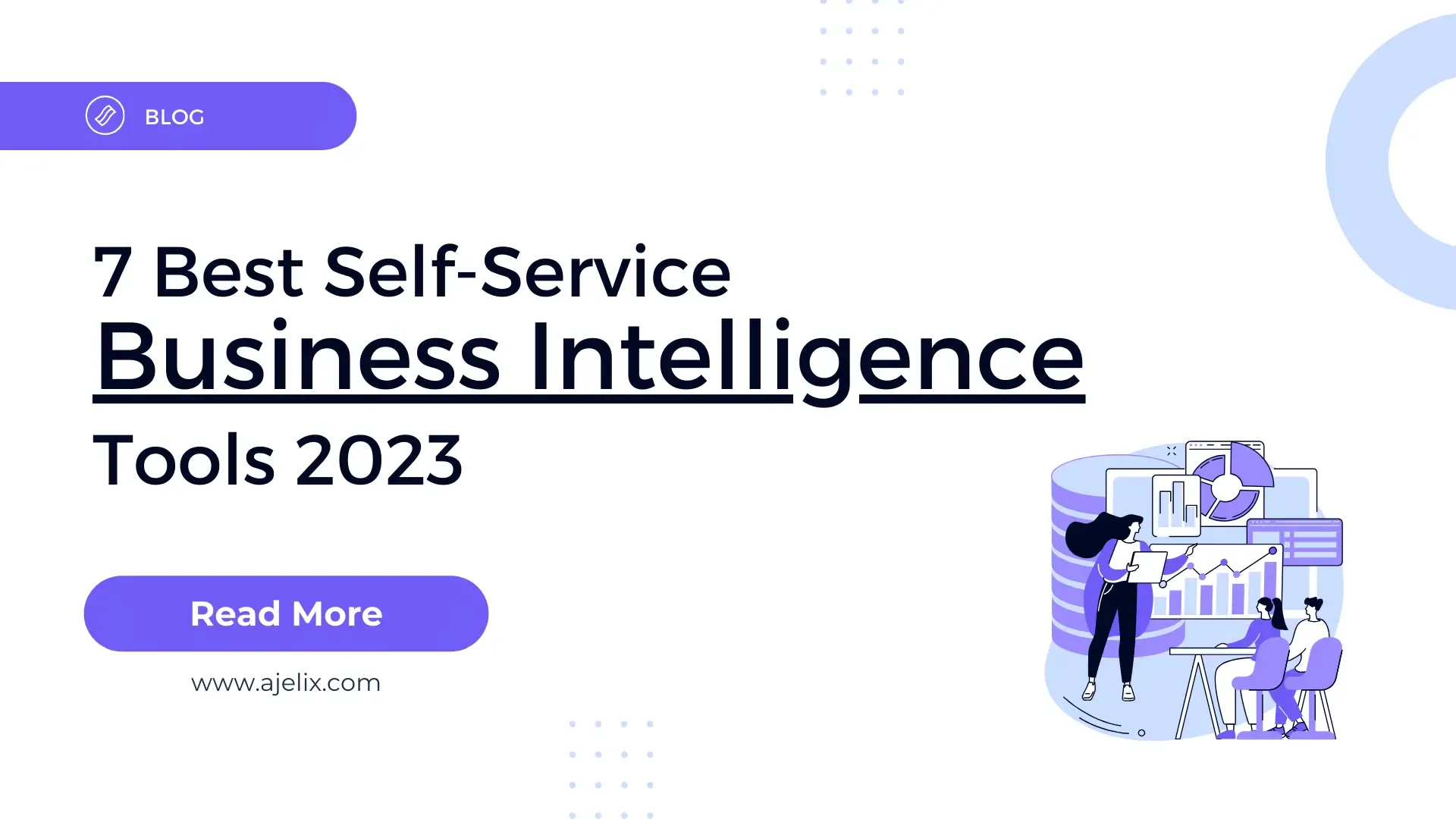
Self-Service Business Intelligence Software: A New Era of Data Accessibility
In the rapidly evolving landscape of modern business, data has become the lifeblood of informed decision-making. Companies are drowning in information, but often struggle to extract meaningful insights. This is where self-service business intelligence software steps in, democratizing data and empowering users to analyze information without relying on IT or specialized analysts. This article delves into the world of self-service business intelligence software, exploring its benefits, functionalities, and the transformative impact it’s having on organizations across various industries.
Democratizing Data: The Rise of Self-Service BI
Traditional business intelligence (BI) often involved complex processes, requiring specialized skills and significant time investment. Data analysts would be tasked with creating reports and dashboards, leading to delays and bottlenecks. Self-service business intelligence software eliminates these constraints, providing users with intuitive tools to access, analyze, and visualize data directly. This shift empowers business users to make data-driven decisions in real-time, fostering agility and responsiveness. The core principle is to put the power of data analysis into the hands of those who need it most.
Key Features and Functionalities
Self-service business intelligence software offers a range of features designed to simplify the data analysis process. These functionalities are crucial for its effectiveness:
- Data Connectivity: The ability to connect to various data sources, including databases, cloud platforms, spreadsheets, and more.
- Data Preparation: Tools for cleaning, transforming, and shaping data to ensure accuracy and consistency.
- Data Visualization: A wide array of charts, graphs, and dashboards to present data in an easily understandable format.
- Interactive Dashboards: Customizable dashboards that allow users to explore data and drill down into specific details.
- Reporting and Analytics: Capabilities for generating reports, performing ad-hoc analysis, and identifying trends.
- Collaboration: Features that allow users to share insights, collaborate on projects, and communicate findings effectively.
- Mobile Access: The ability to access and analyze data on mobile devices, providing insights on the go.
Benefits for Businesses: Clarity in Decision-Making
The implementation of self-service business intelligence software offers a multitude of advantages for businesses:
- Improved Decision-Making: By providing real-time access to data and actionable insights, businesses can make more informed decisions, leading to better outcomes.
- Increased Efficiency: Automating data analysis and reporting processes frees up valuable time for both business users and IT departments.
- Enhanced Agility: The ability to quickly adapt to changing market conditions and customer needs by analyzing data in real-time.
- Cost Savings: Reducing reliance on specialized analysts and streamlining data analysis processes can lead to significant cost savings.
- Improved Collaboration: Facilitating data sharing and collaboration across departments, fostering a data-driven culture.
- Competitive Advantage: Gaining deeper insights into customers, markets, and competitors, enabling businesses to stay ahead of the curve.
Choosing the Right Self-Service BI Software
Selecting the appropriate self-service business intelligence software is a critical decision. Several factors should be considered:
- Ease of Use: The software should be intuitive and easy to use, even for users with limited technical skills.
- Data Connectivity: Ensure that the software can connect to all relevant data sources within the organization.
- Scalability: The software should be able to handle growing data volumes and user demands.
- Features and Functionality: Evaluate the available features and ensure they meet the specific needs of the business.
- Security: Robust security features are essential to protect sensitive data.
- Cost: Consider the pricing model and ensure it aligns with the budget.
- Vendor Reputation: Research the vendor’s reputation and customer reviews.
Real-World Applications: Industries Benefitting from Self-Service BI
Self-service business intelligence software is transforming the way businesses operate across various industries:
- Retail: Analyzing sales data, customer behavior, and inventory levels to optimize operations and improve profitability.
- Healthcare: Tracking patient outcomes, improving operational efficiency, and identifying areas for cost reduction.
- Finance: Monitoring financial performance, detecting fraud, and managing risk.
- Manufacturing: Optimizing production processes, reducing waste, and improving supply chain efficiency.
- Marketing: Analyzing marketing campaign performance, understanding customer behavior, and improving ROI.
- Education: Tracking student performance, improving resource allocation, and enhancing the learning experience.
The Future of Self-Service BI: Building on Clarity
The future of self-service business intelligence software is bright. As technology continues to evolve, we can expect to see:
- Artificial Intelligence (AI) Integration: AI-powered features will automate data analysis, provide predictive insights, and personalize the user experience.
- Enhanced Data Visualization: More sophisticated and interactive visualizations will make it easier to understand complex data.
- Improved Mobile Capabilities: Mobile BI will become even more powerful, allowing users to access and analyze data on the go.
- Increased Data Security: Robust security features will be essential to protect sensitive data from cyber threats.
Self-service business intelligence software is not just a trend; it’s a fundamental shift in how businesses approach data. By empowering users with the tools they need to analyze data and make informed decisions, organizations can unlock new levels of efficiency, agility, and competitiveness. The journey towards data clarity starts with the right tools and a commitment to data-driven decision-making. The best self-service business intelligence software provides this clarity. It empowers users to navigate the complexities of data with ease. It transforms raw data into actionable intelligence. The result is enhanced decision-making. Businesses can achieve better outcomes. The best self-service business intelligence software is built for clarity.
Conclusion: Embracing the Power of Data with Self-Service BI
Self-service business intelligence software is a powerful tool for organizations seeking to harness the power of data. By providing intuitive tools, fostering collaboration, and enabling real-time insights, this software empowers businesses to make better decisions, improve efficiency, and gain a competitive advantage. As technology continues to advance, the role of self-service business intelligence software will only become more critical. Businesses that embrace this technology will be well-positioned to thrive in the data-driven world. The essence of self-service business intelligence software is clarity.
[See also: Understanding Data Governance in the Age of Self-Service BI]
[See also: The Role of Training and Education in Self-Service BI Success]
[See also: Future Trends in Business Intelligence]

